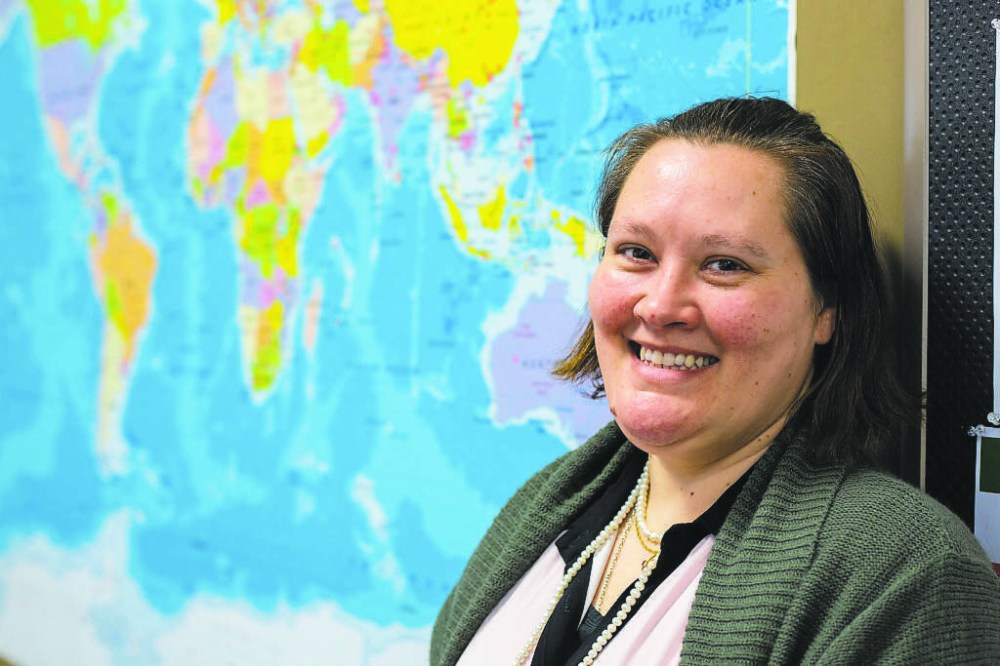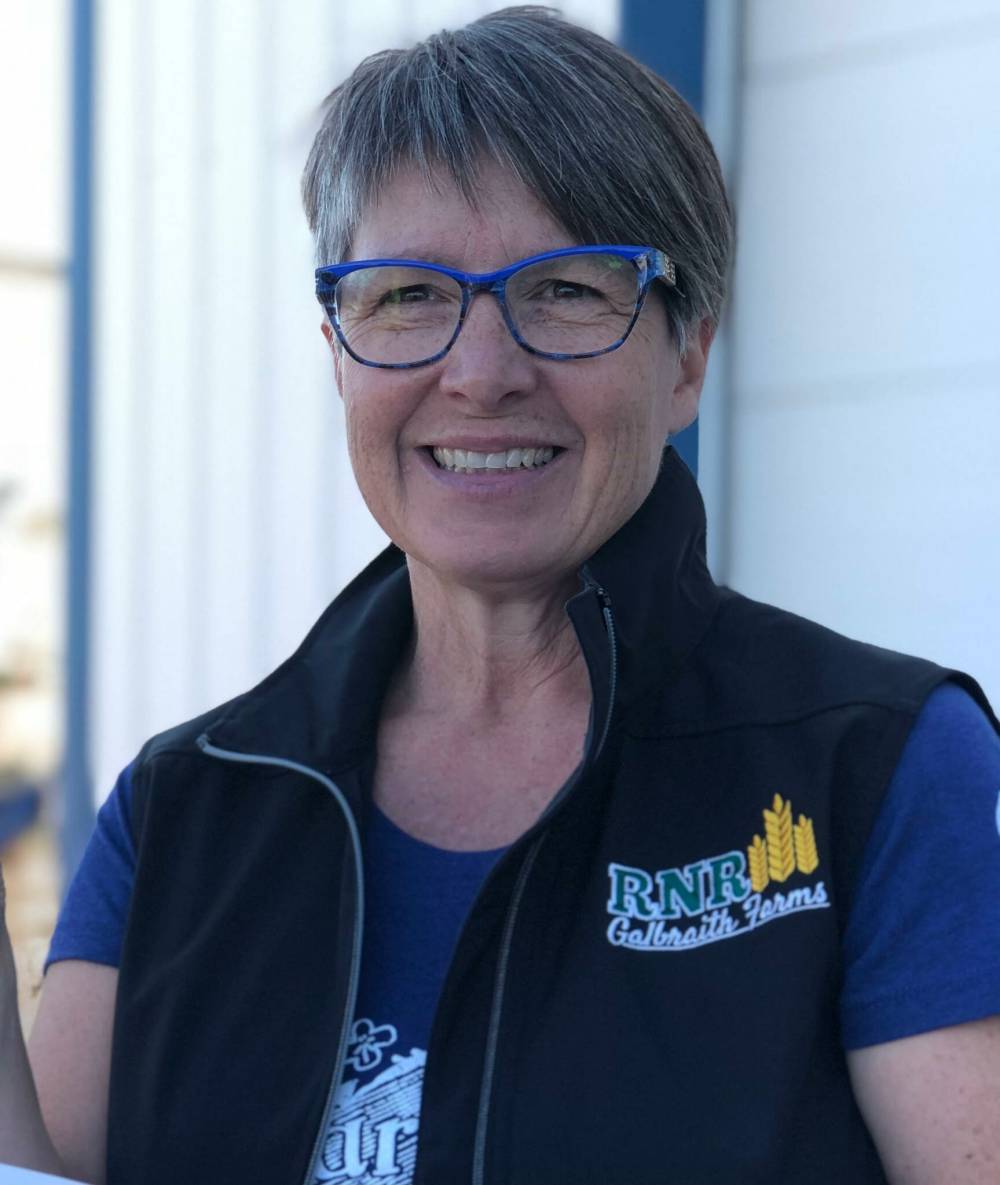Westman support networks brace for Ukrainian influx
Advertisement
Read this article for free:
or
Already have an account? Log in here »
We need your support!
Local journalism needs your support!
As we navigate through unprecedented times, our journalists are working harder than ever to bring you the latest local updates to keep you safe and informed.
Now, more than ever, we need your support.
Starting at $15.99 plus taxes every four weeks you can access your Brandon Sun online and full access to all content as it appears on our website.
Subscribe Nowor call circulation directly at (204) 727-0527.
Your pledge helps to ensure we provide the news that matters most to your community!
To continue reading, please subscribe:
Add Brandon Sun access to your Winnipeg Free Press subscription for only
$1 for the first 4 weeks*
*$1 will be added to your next bill. After your 4 weeks access is complete your rate will increase by $4.99 a X percent off the regular rate.
Read unlimited articles for free today:
or
Already have an account? Log in here »
Hey there, time traveller!
This article was published 20/03/2024 (544 days ago), so information in it may no longer be current.
As the March 31 deadline looms for a federal immigration program, Westman agencies and support networks are bracing for an expected influx of Ukrainians fleeing their war-torn country.
In the past year, more than 700 Ukrainians have sought assistance from Westman Immigrant Services in Brandon through the Canada-Ukraine Authorization for Emergency Travel program.
WIS community outreach manager Hannah Holt told the Sun there is a surge of Ukrainian immigrants flooding the area, seeking help to understand the different processes.

“We believe there may be more as there are a lot of community support groups and cultural groups supporting Ukrainians in the area,” Holt said.
“We are seeing an increase in Ukrainians needing appointments with our settlement team. Many need help understanding the language, employment navigation and business supports.”
WIS, she said, helps the newcomers navigate those processes, and has two facilitators who can assist in the newcomers’ first language. Community organizations, health clinics and other service providers can also book interpreters through the WIS Language Centre to help with communication.
In Brandon and across western Manitoba, Holt said, there are community and cultural groups that help Ukrainians connect to their new destinations.
“One success we have seen is how community and cultural groups have all come together to support the newcomers. Having these support networks in place is so critical for all newcomers.”
However, as the program’s deadline looms, Ukrainians face some challenges, fearing the closure will extinguish their chances of resettlement in Canada. One of the challenges, Holt said, is renewing their passports.
“The passport renewal process has been a significant challenge for many Ukrainians,” she said. “Passport renewals must be done in person, and if consular services are unavailable in Winnipeg, Ukrainians must travel to other provinces to obtain a new passport.”
Holt said WIS has heard of some clients who had to travel overseas to Europe to renew their passports due to the long processing times in Canada.
Minnedosa for Ukraine Support Committee co-chair Roberta Galbraith said smaller communities like Minnedosa have not seen a rush so far, adding the influx will start by the end of March.
Newcomers, Galbraith said, are still in Winnipeg, where they stay temporarily to process their documents before moving to rural Manitoba.
“Our little community has settled three families since January, in addition to the six families we had settled prior,” she told the Sun. “We offer assistance with getting children enrolled in school, helping them find employment because they are eager to work, which is commendable. Fortunately, everyone who has sought employment has either found a job or is in the process of doing so.”
The committee also offers English classes, facilitated by volunteers.

“Although we paused the classes for January and February, we plan to resume them in April. These classes have been instrumental in helping newcomers improve their English skills and prepare for English proficiency tests.”
However, Galbraith acknowledged the challenges faced by Ukrainian immigrants, including the struggle for professionals to find work in their respective fields due to differences between Ukraine and Canada, particularly regarding professional accreditation in Canada.
The families, she said, have professionals with university degrees, master’s levels and various certifications, but their qualifications may not be recognized in Canada, forcing them to seek employment outside their areas of expertise.
Despite these challenges and as the March 31 deadline approaches, “the stories of Ukrainian immigrants serve as a testament to their resilience, courage and perseverance in the face of adversity,” Galbraith said.
“Moving halfway across the world, fleeing conflict, and starting anew with their possessions in a suitcase must be incredibly challenging. My heart goes out not only to the Ukrainian people, but also to others who have experienced similar hardships and come to Canada seeking a better life.”
CUAET has enabled about 23,000 Ukrainians to arrive in Manitoba — and almost a million across the country — since March 2023, one year after Russia’s invasion of Ukraine.
» aodutola@brandonsun.com
» X: @AbiolaOdutola
